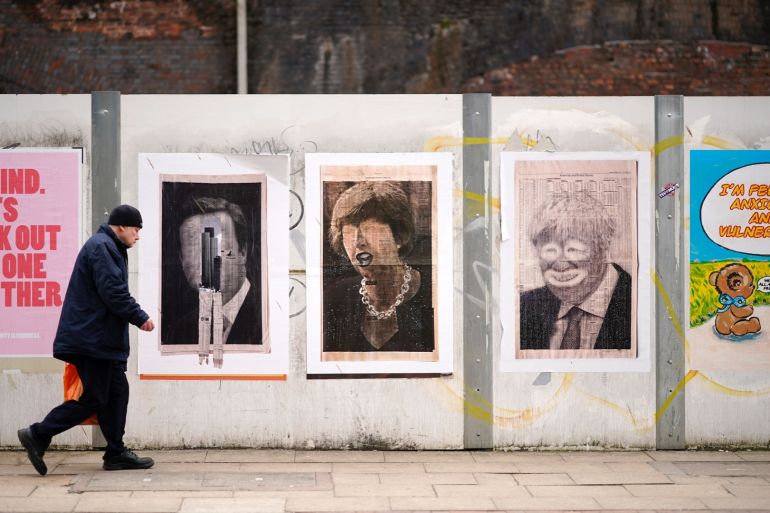Will coronavirus make the world a fairer place?
A reporter asks whether coronavirus has shown that we can no longer afford to put profit before people.

From the slums of Kabul to the suburbs of Bristol, there is scarcely a place the COVID-19 pandemic has not touched.
But increasingly, it is not public health issues that governments and non-governmental organisations are worried about – it is the economic impact.
Keep reading
list of 4 itemsMexico’s teachers seek relief from pandemic-era spike in school robberies
‘A bad chapter’: Tracing the origins of Ecuador’s rise in gang violence
Why is the US economy so resilient?
International charity Oxfam has released a report that presents a bleak assessment: half-a-billion people could be pushed into poverty in developing countries unless urgent action is taken to bail them out.
While Oxfam’s predictions are important, is there an opportunity here for real radical change – and not just for developing countries but for developed ones as well?
Is it fair that workers who do not have access to healthcare are forced to go to work when they are ill, potentially infecting others? Is it fair that your local coffee shop is forced to close because of coronavirus, leaving not only the owner but the staff without an income?
Max Lawson is an economist who works for Oxfam. As he spoke to me on the phone from Nairobi, Kenya, I asked him whether there was potential for radical change. “I think this current crisis is not only showing that it is possible, but that it is happening already. We have had 40 years of a lack of global solidarity where the individuals were held responsible for their economic situation. But now governments are stepping in to help individuals as well as corporate business,” he said.
It would seem these ideas are gaining ground. British newspaper The Financial Times, not exactly a bastion of radical socialism, recently featured an editorial arguing the benefits of a Universal Basic Income (UBI).
Spain has gone one step further. Its economy minister says it is looking at introducing UBI as soon as possible in light of the coronavirus crisis. The United Kingdom has also introduced payments to those who have suffered as a result, and the US government has introduced a $2 trillion stimulus package.
In the financial crisis of 2008, governments did not bail out individuals. Governments bailed out the banks and corporations and introduced austerity measures that affected individuals in developed economies.
Generally speaking, that has been the pattern. But this crisis has brought about different thinking: to give things like debt relief, cash payments, and tax breaks to individuals to power economies to recover at a quicker rate, rather than bailing out corporations and making the 1 percent richer.
It is a big ask, said Lawson. “There was some move toward the individuals in 2008 after the financial crisis. But elites aren’t very good at learning lessons, but are at looking after themselves,” he said.
And therein lies the rub. Are the world’s elites ready to embrace the idea that the threats we face are the threats they face?
Coronavirus does not distinguish between rich or poor, captain of industry or factory floor worker. The answer to this crisis is not just in money for individuals. But things that in the past were considered socialism, now seem sensible.
When coronavirus is defeated, will the ideas it has spawned for individuals – things like UBI, universal healthcare, debt relief, tax breaks – die with it or will it have shown the world that we are all so interconnected that we can no longer afford to put profits before people?